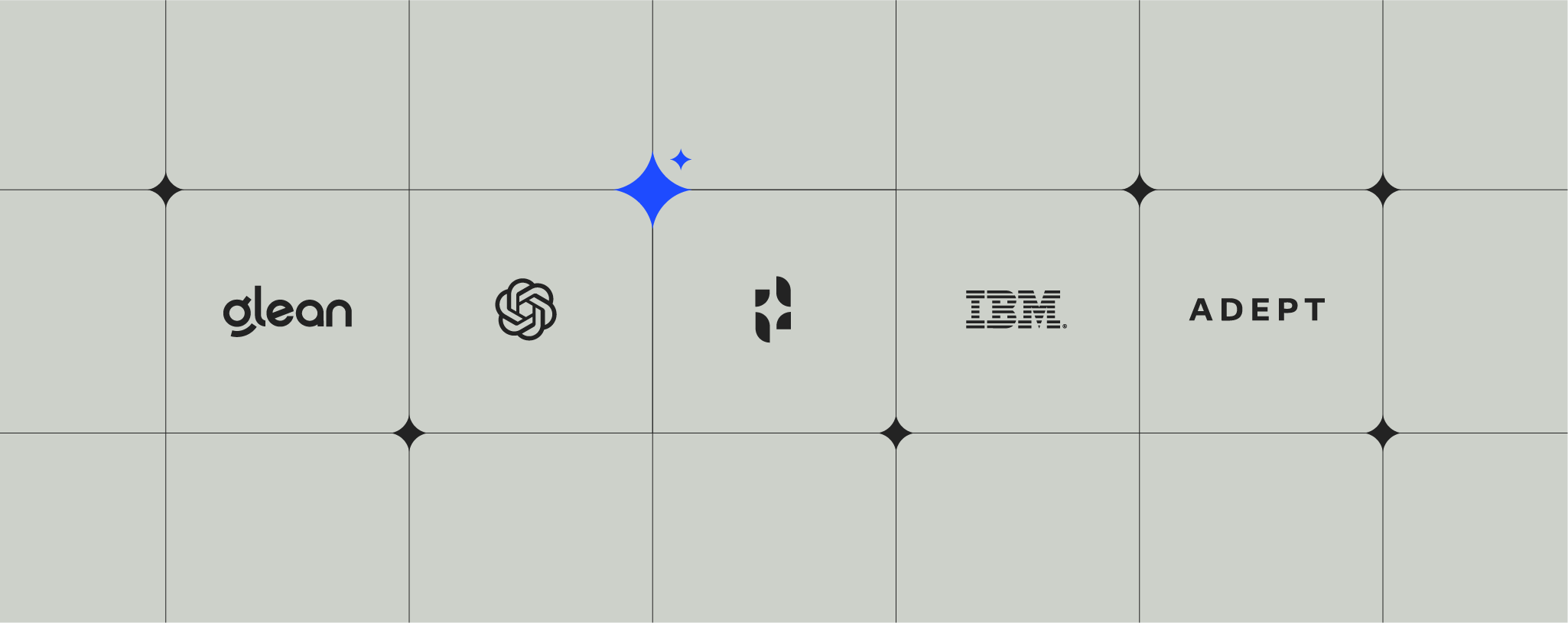Trend forecast: enterprise technology to watch in 2019

It’s that time of year again. We’ve taken stock of what did (and didn’t) happen in 2018 and now look forward to a new year of industry-defining enterprise technology trends 2019 has in store.
If you’re wondering ‘What is enterprise technology?’, here we’re looking at technology that take care of the needs of an organization as opposed to individual end users. This term, as recognized by Deloitte’s annual Tech Trends report, now covers a vast and expanding range of tech.
First entering business lexicon roughly seven years ago, ‘digital’ has evolved from channel specific shorthand for customer-facing sales and marketing (social, mobile, web etc…) to now encompass all aspects of how an enterprise does business. It’s no longer confined to those in the front office but involves the entire enterprise.
Improving digital offerings is key to remain competitive and profitable in today’s market. With the lines between technology and business now more blurred than ever, any modern organization in 2019 is aware of the importance of keeping up with new enterprise technology.
In terms of keeping up with enterprise technology trends, 2019 will be a defining year. The World Economic Forum currently predicts the value of digital transformation to business and society at over $100 trillion by 2025. With tech-driven innovation all around us, where will smart enterprises be investing their resources in 2019?
In 2019, buzzworthy trends like Blockchain that have so far failed to live up to their hype will gain momentum, technology involved in the cloud, automation and data protection go from groundbreaking to essential enterprise must-haves and security threats continue to haunt organizations.
Keep reading to find out how these examples of enterprise technology trends will shape the year to come.
1. Rise of the digital worker
Another enterprise technology trend 2019 will be shaped by, is increased automation in the workplace; a key focus area for Forrester Research’s headline grabbing reports “Predictions 2019: Automation” and “Predictions 2019: Artificial Intelligence.”
In these reports, Forrester Research determined that automation and AI would create ‘digital workers’ aka software that automates tasks previously performed by humans. According to Forrester, by the end of 2019 more than 40% of companies, and one-tenth of future startups will employ more digital workers than human ones.
With the RPA (robotic process automation) also reaching $1.7 billion in 2019, automation is expected to eliminate 20% of all service desk interactions. This is in part due to huge steps made in the way of natural language processing and sentiment analytics of previously ‘frustratingly comedic’ chatbots. In fact it’s estimated that around 40% of large businesses have or will adopt incorporate chatbot technology into their offering by 2019.
2019 does pose a real threat to job losses in the manual labor force. Forrester suggests that 10% of jobs in the US would be made redundant by automation, however many will capitalize on the benefits of the “automation of cognition.” According to Forbes Technology Council, “We are going to get more tools and apps that do the work for consumers and business owners, automating lives in many ways so more mindless, time-consuming tasks can be passed off”.
As a result of this enterprise technology trend of increased automation, alleviating resources previously dedicated to tasks such as document review, customer services and data entry, enterprises will find themselves not only with a more productive workforce, but with the ability to upskill employees to focus on higher value work.
Read next: Head in the clouds? The on-premise software vs. cloud debate
2. Blockchain
Blockchain features both in last year’s tech trends predictions and enterprise tech trends to watch in 2019. The difference being, whereas Blockchain in 2018 was very much a case of ‘don’t believe the hype’, 2019 will start to see companies implementing the crypto trend in ways that actually serve to profit the business.
2018’s main issue with Blockchain was realized by Deloitte’s 2018 survey of more than 1,000 global blockchain expert. 41% of respondents said they expect their organizations to bring blockchain into production by 2019, but 21% said they still lacked a compelling application to justify its implementation.
We predict that by the end of 2019 this 21% will actually be a higher figure as more businesses start to showcase innovative examples of this enterprise technology trend. 2019 has already started delivering. On February 14th 2019, JP Morgan Chase revealed their own blockchain currency – “JPM Coins”.
Combining ‘shared databases and cryptography, blockchain technology allows multiple parties to have simultaneous access to a constantly updated digital ledger that cannot be altered’. This latest business technology will facilitate ‘near-instantaneous settlement of these money transfers and will, according to the bank, mitigate counterparty risk’.
Although JPM Coins are still a prototype, there is reason to believe this latest business technology will take off. Considering that the IDC projects annual spending on blockchain solutions to reach $9.7 billion by 2021 and that in December 2018, LinkedIn broke the news that “Blockchain Developer” was the fastest growing job title of the year, we predict that 2019 will be the year Blockchain will move past the ‘cool thing’ to have and get put to serious use.
3. The Cloud
Put brilliantly by Kranc in his predictions for enterprise technology trends (2019), this is the year the “cloud becomes the norm, even for laggards.”
With previous concerns around security and scalability largely debunked, businesses will find 2019’s discussion around the cloud change from “Where and when do we use cloud to lower costs?” to “Why not cloud?”
In fact, a cloud computing study conducted by IDG Communications in August 2018 found nine out of 10 companies will have some part of their applications or infrastructure in the cloud by 2019; the rest are expected to follow by 2021. The worldwide public cloud services market is also projected to grow 17.3% in 2019 to total $206.2 billion, up from $175.8 billion in 2018, according to Gartner, Inc.
Within the cloud trends themselves, Amazon and Microsoft continue to lead the sector and Google continues to make significant gains through strategic partnerships with companies like PayPal.
Hybrid or multi-cloud management will also become the norm – with enterprises using multiple cloud services vendors to access their growing suite of cloud-based programs. Luckily there’s an emerging market of multi-cloud management platforms that integrate services like Microsoft Azure, Google Cloud and AWS within one platform.
The digital workplace guide 2021
What you need to know to future proof your company’s technology
How can Templafy help you capitalize on trends in enterprise technology – 2019 and beyond?
Templafy’s cloud-based solutions tap into a range of enterprise technology trends 2019 will experience. We’ve list a couple below:
Automation
With Templafy, your firm can trust that all staff have access to up-to-date and best-practice content. Any change – no matter how big or small, can be rolled out instantly without IT involvement across countries and languages. Templafy also automatically formats your documents and emails with correct fonts, brand imagery and email signature sign-offs.
Compatible cloud-based solutions
Our cloud enterprise software allows you to work from anywhere without the need for VPNs or remote desktop sessions. Templafy also works offline so our simple cloud-based administration platform enables employees to access, edit and manage document templates, text elements and visual assets whenever they need to.


